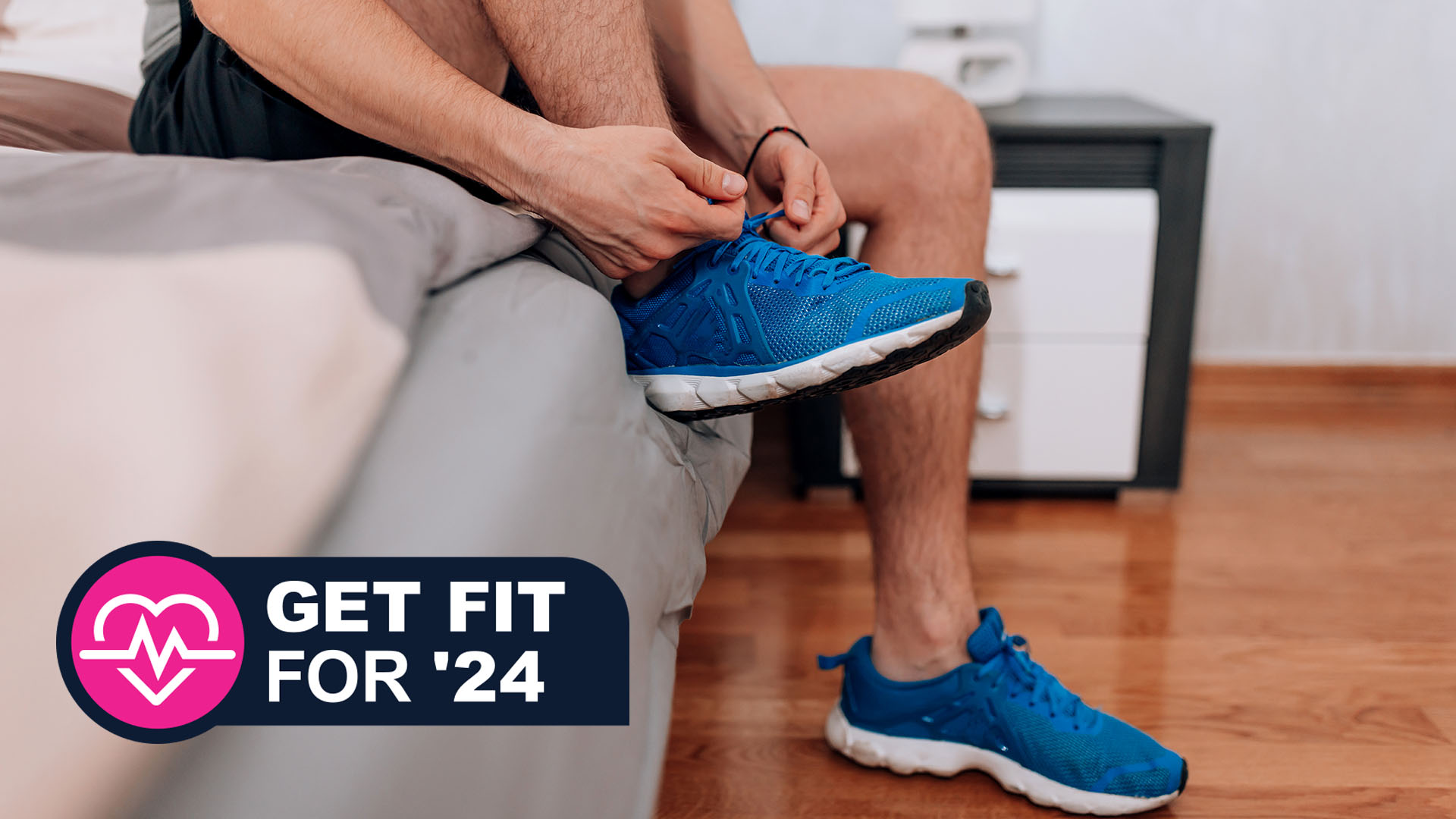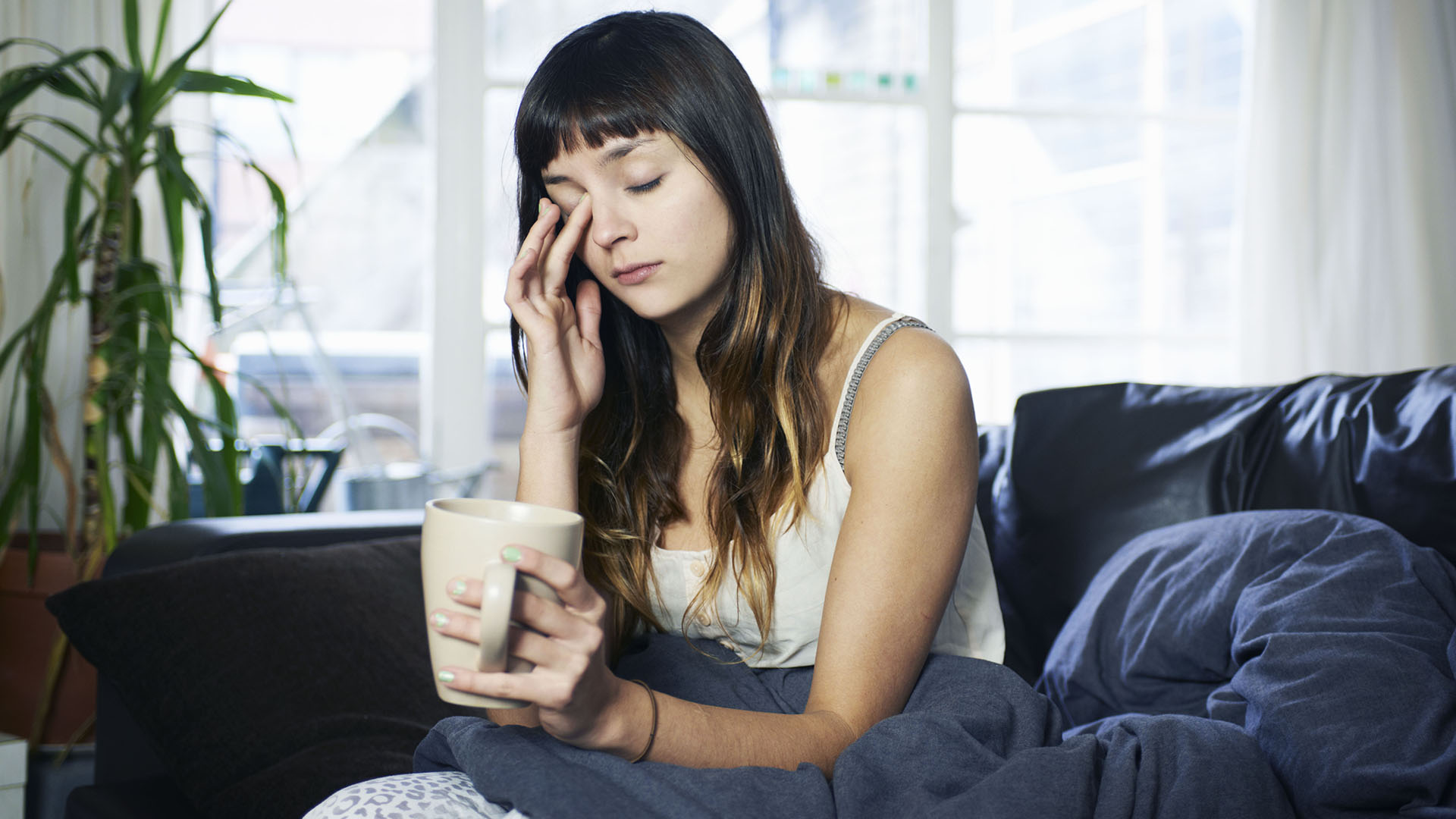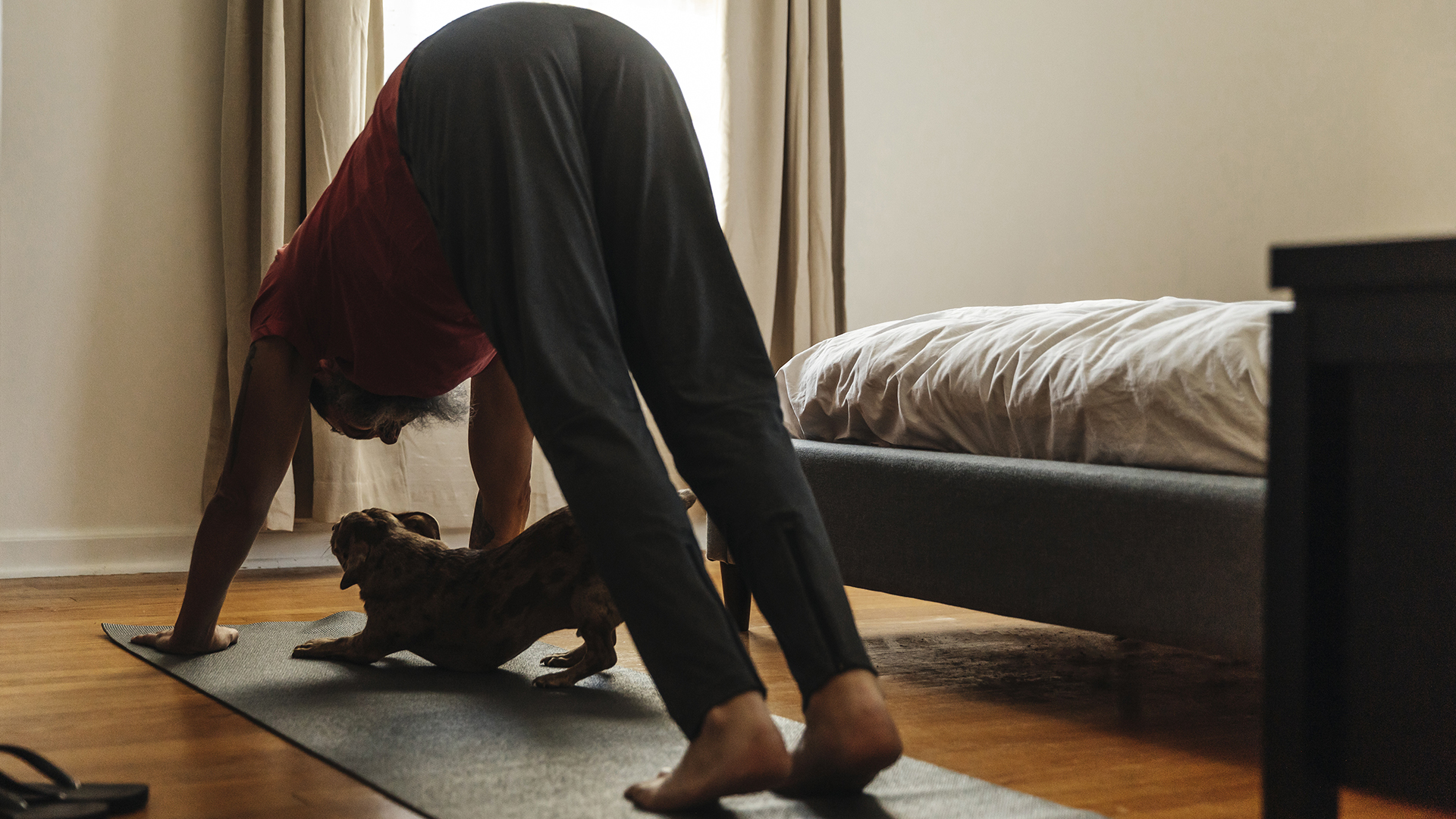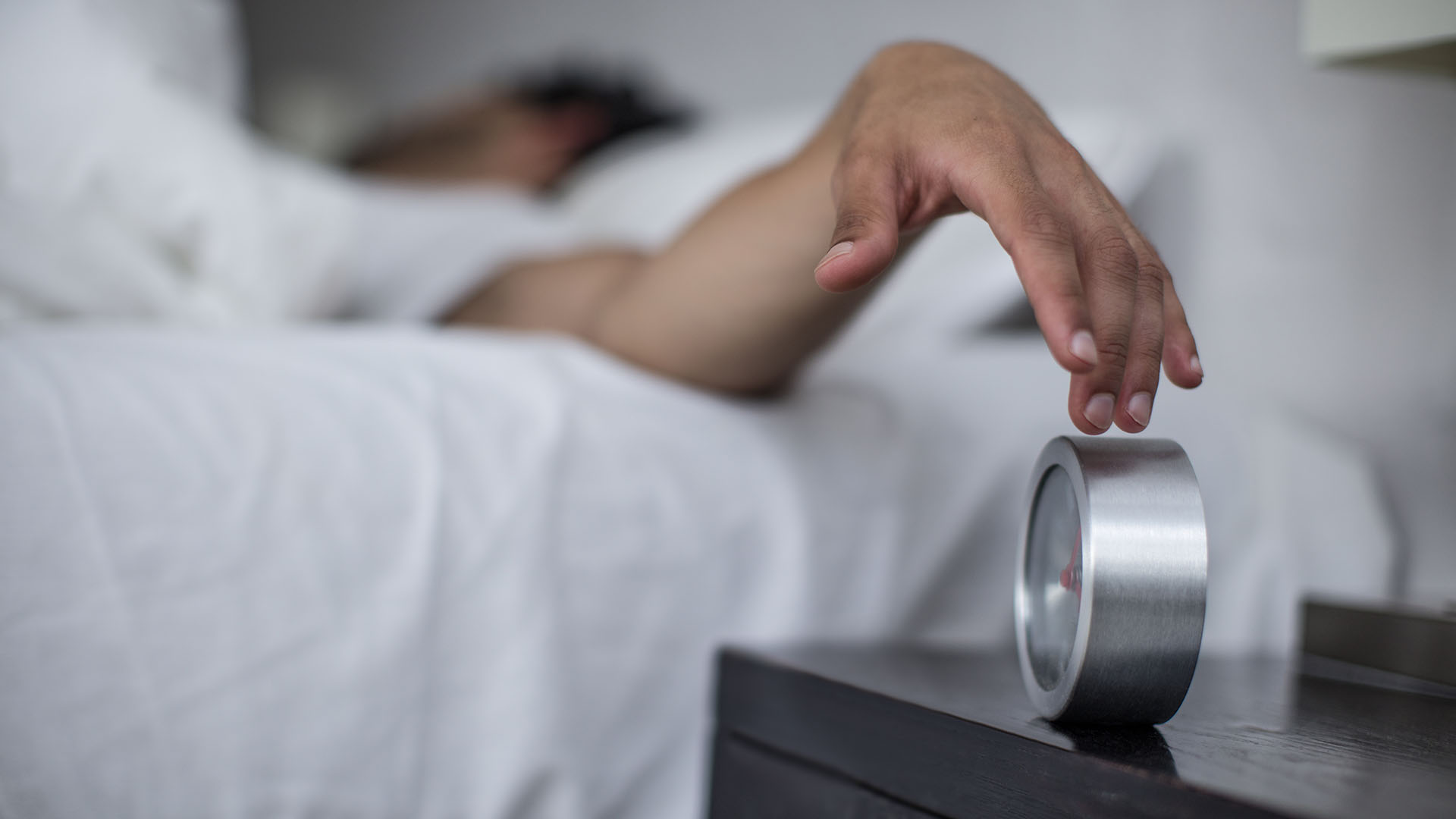When you purchase through links on our site, we may earn an affiliate commission.Heres how it works.
Hoping to get more shuteye in the new year?
Determined to revamp your physical fitness routine?

Sleep and exercise are linked in many ways, with each influencing the other for better or worse.
How can exercise improve your sleep?
According to behavioral sleep specialistCarleara Weiss, sleep and exercise have a two-way relationship.

Exercise leads to good sleep quality, while poor sleep quality leads to sedentarism, she explains.
There are a couple of key reasons why:
1.
They hold sway over important hormones involved with energy, alertness, and sleepiness.

Exercise increases core body temperature, which will later drop and facilitate falling asleep, Dr. Weiss notes.
In fact, per a2012 reviewin theJournal of Physiological Anthropology, the right temperature is paramount to induce sleep.
Can too much exercise interfere with sleep?

However, overexercising and/or exercising at inopportune times carries the potential to negatively impact your sleep.
Getting enough high-quality sleep is crucial for everyone atevery age.
Yet athletes and those with robust workout routines particularly require adequate rest to facilitate recovery.

the ratio between time asleep and the total time spent in bed).
In the case of both exercise and sleep, there can be too much of a good thing.
She has a PhD.

When’s the best time of day to work out?
Some studies show that our peak circadian rhythm performance is between 2 to 6pm, shares Dr. Weiss.
However, heavy exercise during this time will likely negatively impact sleep.
As such, she says that both aerobic exercise (i.e.
Practicing sports is also suitable for the morning, she continues.
As theStanford Lifestyle Medicine Programexplains, our sleep-wake cycles are heavily influenced by light exposure.
Light is azeitgeber, meaning it stimulates the body for wakefulness.
She especially prizes restorative yoga, which lacks an aerobic component.
Can exercise help with insomnia?
In addition, the Cureus review notes that moderate-intensity exercises were especially beneficial for sleep.
Walking, running, swimming, and yoga are good suggestions for insomnia, Dr. Weiss shares.
Exercise also reduces anxiety, one of the major causes of insomnia, Dr Weiss adds.
This article is part of TechRadar’sGet Fit for ‘24 weekof fitness content.